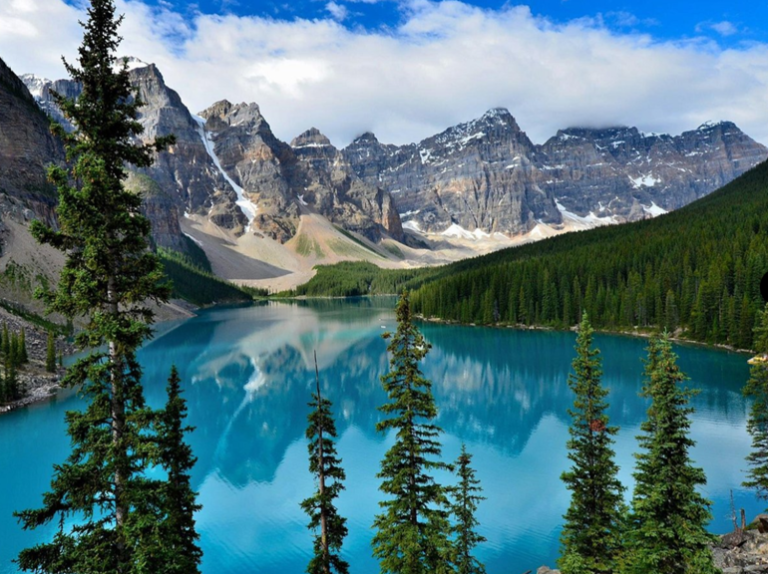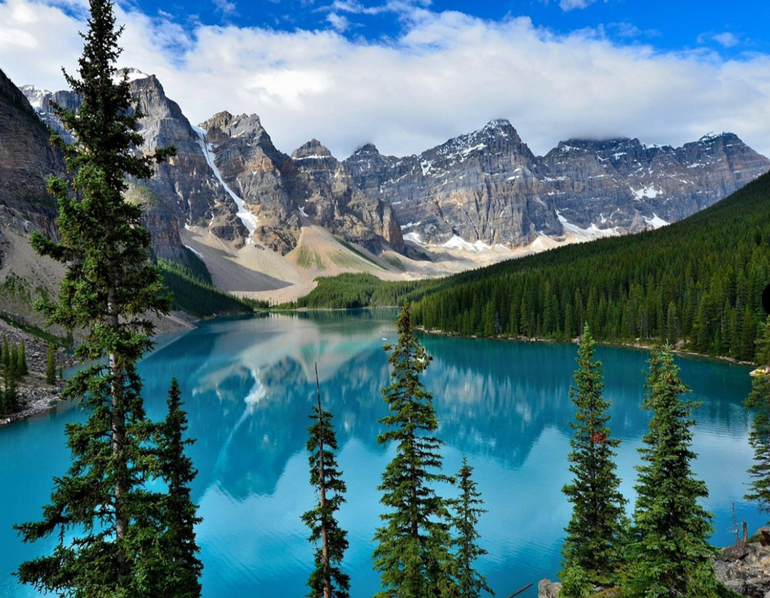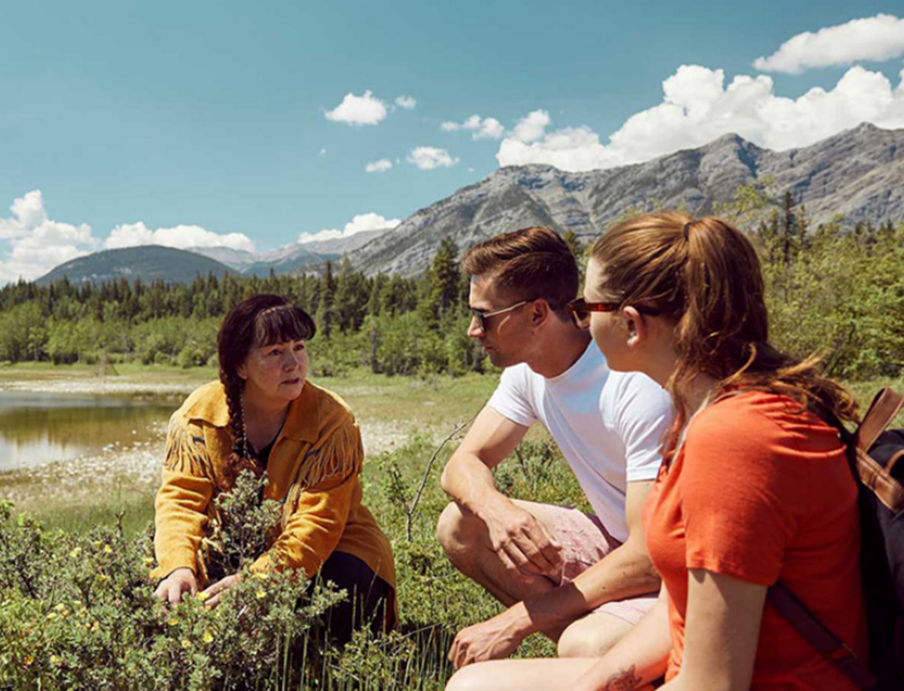
Destinations have been tested over the past few years in ways few thought imaginable due to unforeseen disruptions. In the reset of tourism for the future, this is the time for destinations to come together to create a resilient economy that works collaboratively with aligns the needs of residents, visitors, and businesses. An ambitious vision ensures protection of natural and living legacy for thriving communities while providing transformational visitor experiences. This presents a chance for destinations to build forward and work together to ensure tourism is a force for good inspiring meaningful and lasting change. As tourism affects all stakeholders within a destination, a shared vision encompasses a deep sense of connection to the land and a responsibility to protect it.
Banff and Lake Louise recently introduced their ten-year vision plan that plans for the future of its destination. Their long-term vision is aspiring towards a sustainable tomorrow requiring continuous collaboration with their destination stakeholders and beyond. Woven into their primary plan is the development of inspiring and meaningful ways to explore the destination and leave it behind unspoiled for future generations to enjoy. Adaptation through the principal tourism for good means protection of wilderness, unspoiled territory, uplifting of the indigenous people economy, and creating a community that is welcoming, inclusive, and safe, for those who visit, work, and play in Banff & Lake Louise.

“This is a once-in-a-generation project for our destination, informed by an unprecedented level of engagement from our community and our partners. We are so grateful to the thousands of people who took the time to contribute to the process. Tourism is our core industry, and this shared vision will guide our collective and individual efforts in building long-term resilience and a sustainable future with, for and by tourism.” (Leslie Bruce, President & CEO of Banff Tourism)
Furthermore, the plan has received input from over two thousand stakeholders living and working in the park from in-depth surveys. Stakeholders comprising six volunteer working groups made up of 80 community members that generated over 560 ideas and recommendations. Participants in the strategic planning process came from various service sectors within tourism including professional organizations, private businesses, and non-for profits. Specific Initiatives outlined in the plan will require collective effort from government agencies, businesses, and community members. In addition, stakeholders will meet on a regular basis to discuss updates on the plan for the next ten years. Project updates, results, and summary documents can be found on the vision’s website.

Five Guiding Principles of the Vision
Connected by Nature
Through alignment of community stakeholders around Banff national park’s unspoiled nature and the mutual landscapes that surround it, it fosters a keen sense of stewardship and care to protect the destination. Whether one is visiting for nature or living and working within the park, they should find connection in their love and appreciation of natural landscapes and outdoor recreation that is synonymous with the quality of life. Balancing growth and community well-being means redefining success and innovation within the limitations of the destination. Further, stakeholders must work to address key issues that impact local quality of life and shared experience within the park.
A Better Tomorrow
When done right, tourism can be an impactful regenerative vehicle for a better tomorrow that uplifts the park and its people. Aiming for a brighter tomorrow aligns a strong ambition to develop and champion a more sustainable destination to tourism development that is data driven and encourages open innovation. This principle embodies the concept of a more sustainable visitor experience that ensures long-term resilience of the community, environment, and economy. Obtaining sources of data ensures that the park knows where visitors are going, gaining better insights into the visitor experience.
Led by Example
Banff National Park is a national treasure, a global icon and world heritage site and must be cherished for future generations to enjoy. The park's position should not be taken for granted but worked to balance the needs of the environment, cultural heritage, and economic conditions. Banff is not about the accolades or the awards and instead is about living up to the unique global legacy of being the world model of destination leadership and meaningful visitor experiences. Part of leading by example means a long-term commitment to grow and have meaningful relations with the indigenous community utilizing tourism as a vehicle to advance truth and reconciliation.
Wildly Innovative
Assuring long-term sustainability means preserving 97% of the park as unspoiled wilderness while allowing the remaining 3% to flourish. To achieve this goal, the destination needs to be wildly innovative through the consistent creation of new experiences and opportunities within the limits of nature, allowing the park to reach its maximum potential. Innovation allows focus to strengthen the collective appeal of the destination as a place to live, work and invest. Further, work to mitigate ongoing challenges and find solutions to workforce housing, providing safer work environments, and address work-life balances.
Tourism Together
Tourism is a team sport within Banff national park without an opponent. Several aspects of community life are deeply influenced by tourism, and everyone has a role to play in rebuilding tourism for the better. Shared progress depends on the ability to partner and build meaningful relationships within and beyond the park. A core focus of tourism together is a focus on welcoming, educating, and inviting visitors to preserve and protect the parks living natural and cultural legacy. Further, sharing responsibility in developing experiences that are true to place and help support authentic and vibrant local communities.
In summary, the ten-year vision plan outlined by Banff National Park helps envision a future in which the destination is more resilient and in control of its own future. The plan gained insight from valuable stakeholders including its own residents who call the park home. Further, the five principles laid out how the destination achieves their shared vision in inspiring tourism as a force for good that serves as a guide during the decision-making process ensuring long-term sustainability for the destination.


